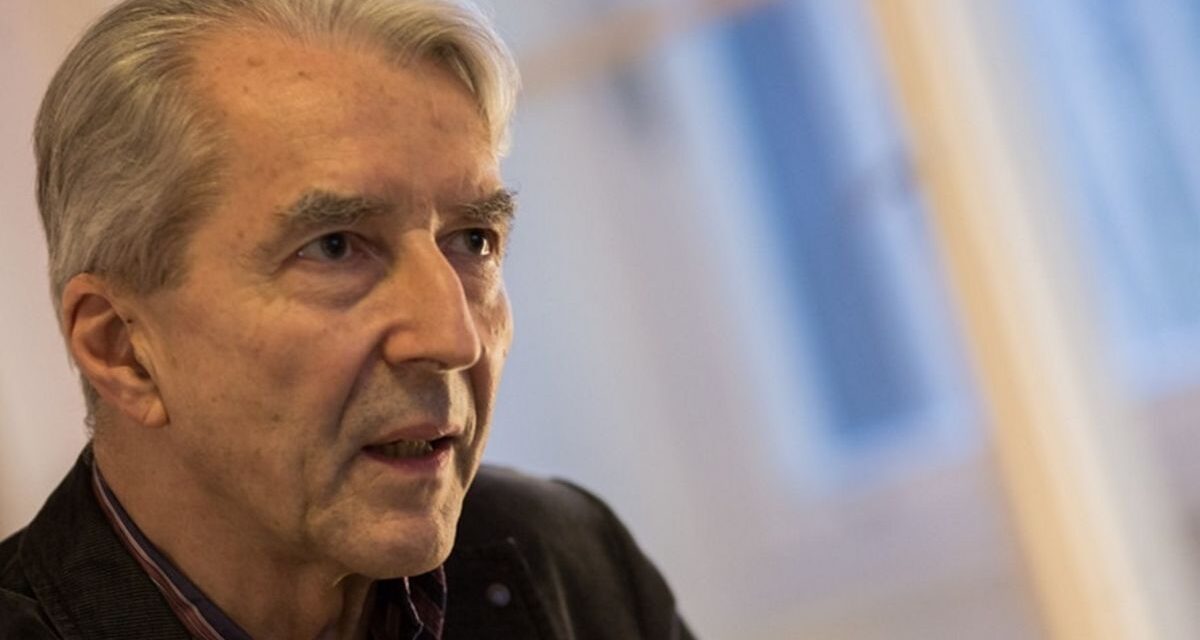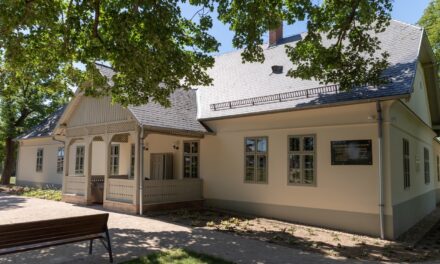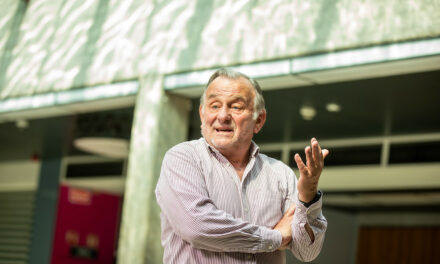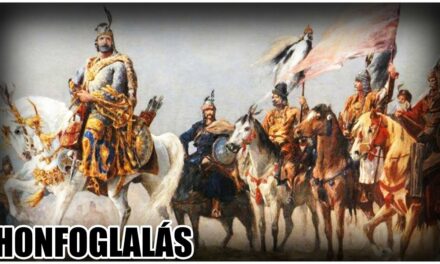"The first thing that comes to my mind about him is that he is very kind, and not only to me and his grandson, but to everyone," remembers István Sharif Horthy, an architect who lives in Jakarta and has recently published a book about his family heritage.
"And grandpa is grandpa: we went swimming with him, we did "manly" things. From my childhood, he was always very, very kind to me, I felt extremely close to me," told 24.hu about Miklós Horthy.
His grandson, born in January 1941, first lived in England, and currently lives in Jakarta, Indonesia. Incidentally, he also converted to the Muslim faith in the Southeast Asian country. He gave the interview on the occasion that recently a historian,
dr. Andrea Bern digitized her family's legacy, which was recently published in the form of a The Legacy of the Horthy Family 1914–1994 .
Horthy István Sharif was born 83 years ago as the son of the deputy governor István Horthy, in 1944 he was abducted by the Germans together with his mother and grandparents, he lived with the family in Germany and then in Portugal, he was raised as the son of Miklós Horthy until his death in 1957. He obtained degrees in physics and architectural engineering, the latter becoming his profession.
In the interview, he said: he was afraid to come to Hungary when he was young, because he only encountered bad news and negative voices about his family during communism.
"We 'disguised' ourselves as backpackers, introduced ourselves everywhere by my wife's maiden name as Mr. and Mrs. Wiryohudoyo, and gave this name at the hotel as well. However, I accidentally left my passport (with the name Horthy on it) and the room key to the Gellért Szálló in a bag in a phone booth - I've always been forgetful. This would be a scandal, I thought, Horthy had returned to Hungary... But nothing happened, the package was waiting at the hotel door, the finder knew where it came from from the logo engraved on the key.
Then I realized that the people here are very nice and I felt at home"
- the grandson of the governor told about his first experiences of the country.
Of course, István Sharif Horthy was also asked about his grandfather.
"The first thing that comes to my mind about her is that she is very kind, and not only to me and her grandson, but to everyone. For the sake of example, an old, lonely Polish countess lived next to us, who often sat outside the hotel to chat with passers-by. We kids avoided it because it was boring, scary, and hard to get rid of. My grandparents, on the other hand, invited him to their house every Tuesday and they talked for hours."
– his grandson remembered the private man Horthy, who, according to his own words, was never attracted to politics, in fact always shuddered from it.
"I spent my first years in love, in a protected, comfortable environment, I felt safe. My family also pretended to me that nothing had happened when the Gestapo took us away, and it was only much later that I learned from my mother that Himmler wanted to execute us all."
- recalled István Sharif Horthy, for whom Hungary has always meant politics.
In this regard, he said in the interview: he was sure that they would never be able to return home, which is why he did not teach his own children Hungarian, "because then why not."
Although he trained as a historian, he eventually found his interest in physics and then in architecture, and became a member of the Szubud movement.
"I had a very strange experience when I was nine or ten years old. I was in a depressed state of mind at the time, one day I was walking home from school tired and a little depressed, I just passed a park. Here I woke up from one moment to the next: I suddenly felt a huge energy inside me, and everything became colorful. It was as if I had passed from a black-and-white world to a colorful world. Everything was so beautiful, the grass, the trees, the sky. My eyes opened, I felt that I existed.
Then it slowly passed, but I realized that the most important goal of life is to learn how to return to this state. I started researching, I read a lot about philosophy, spiritualism, and religions. In fact, I was looking for spiritual fulfillment and I found it at the age of 17 in Subud, and already in my second practice I had the same experience I had in Portugal.
For me, this is the key to everything, the core of human existence and all religions, and it is compatible with all of them," Horthy's grandson in the interview
Featured image: Mandiner/Árpád Földházy













